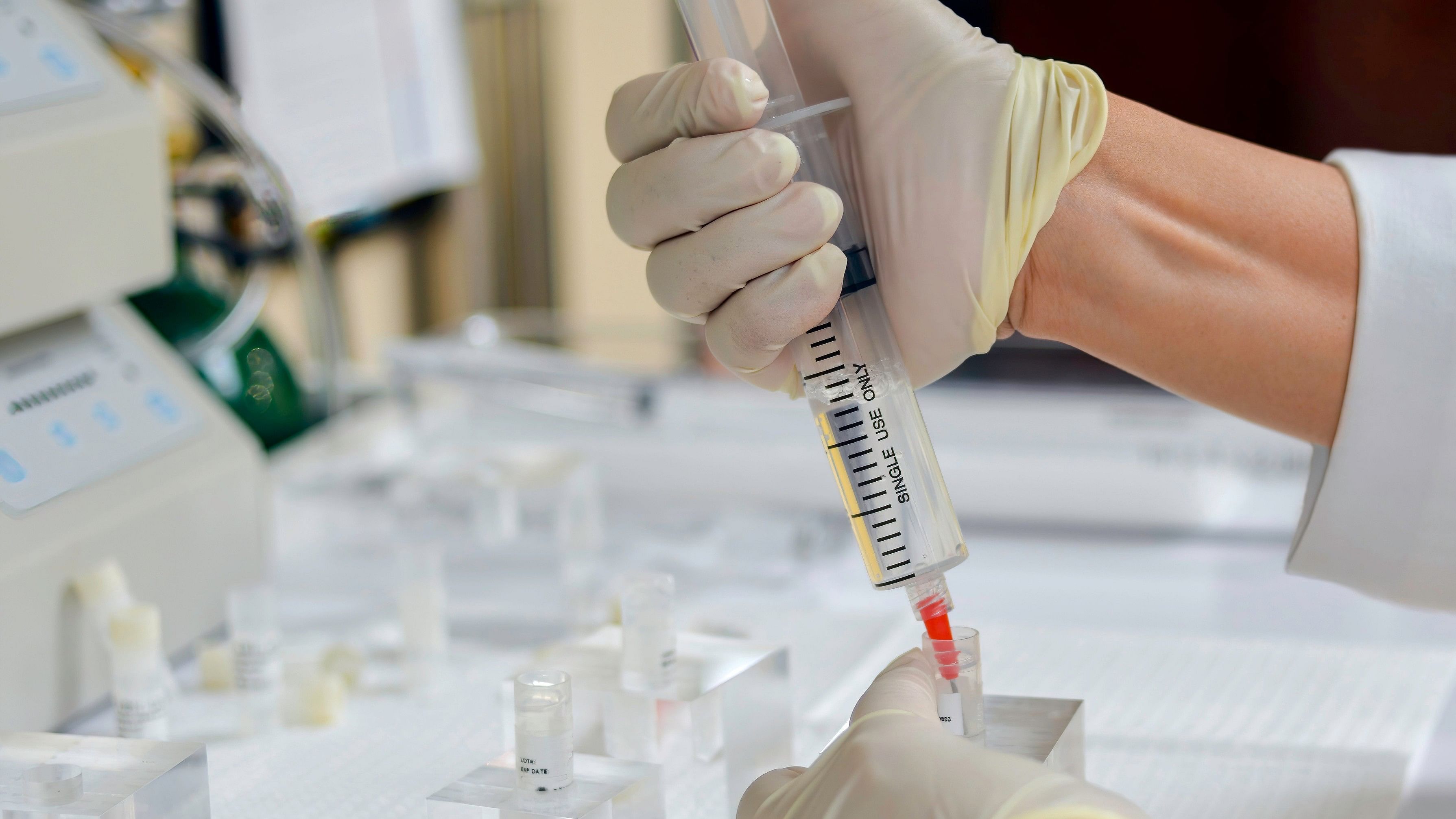
DH File photo
We all know how much Science has contributed to our lives and the world. Science is a branch of study concerned with discovering and describing the world around us by observing and experimenting. Research is the pursuit of new knowledge through the process of discovery. Scientific research, a widely used term, is a set of systematic procedures followed by a researcher to identify all relevant issues related to a scientific topic or problem and ultimately solve that problem.
Science has many branches. Physics, chemistry, and biology have existed for centuries. Over the years, many new branches have emerged either independently or by combining two or more scientific disciplines. Biotechnology, microbiology, astrophysics, and biochemistry are among those representing such a combination or intersection.
In our country, most students complete their 10+2 with science subjects. Whether to continue with science is an option for them, as some join BBA, integrated LLB, etc. For a career in science, one needs to get a B.Sc. followed by an M.Sc. in the chosen branch of science. There are universities and colleges where such courses can be pursued.
Excellent opportunities are available at the Indian Institute of Science Education and Research, known as IISER (with centres at Bhopal, Berhampur, Kolkata, Mohali, Pune, Tirupati, and Thiruvananthapuram), which offers a 5-year BS-MS programme. Admission to this is done through the IISER Aptitude Test. Many IITs and NITs have M.Sc. programmes; to join these, one must qualify for the Joint Admission Test for Masters. Indian Association for Cultivation of Science, Kolkata, has integrated BS-MS and Masters-PhD programmes.
A Ph.D. or doctoral course is a requirement for many research careers. For this, one may easily consider universities. However, at a few centres of IITs, NITs, and IISERs, integrated Master’s and PhD programmes are available. PhD aspirants should also focus on qualifying in UGC-NET, which will help them get admission to participating universities and receive fellowships. PhD programmes are also available at the Indian Institute of Science and many other such institutes.
The Department of Science and Technology, Government of India, has developed the Innovation in Science Pursuit for Inspired Research (INSPIRE) scheme, which has three components: a scheme for early talent attraction, a scholarship for higher education, and an assured opportunity for research careers. There is a dedicated website about INSPIRE.
Our country has made heavy investments to establish research facilities in all major fields of science. Various laboratories and research centres are functioning under the Council of Scientific and Industrial Research, the Indian Council for Agricultural Research, the National Research Development Centre, and similar entities focused on research in areas of atomic energy, dairy, poultry, fisheries, biotechnology, genetics, horticulture, space, petrochemicals, crops, meteorology, metallurgy, minerals among others.
A few examples of such research bodies are Microwave Tube Research and Development Centre, Bengaluru; Physical Research Laboratory, Ahmedabad; Central Institute of Chemical Biology, Kolkata; National Institute for Cell Sciences, Pune; Jawaharlal Nehru Institute of Scientific Research, Bengaluru; Bhabha Atomic Research Centre, Mumbai; Indian Institute of Toxicology Research, Lucknow; Institutes for Life Sciences, Bhubaneswar; Indian Institute of Astrophysics, Bengaluru. Every such institute requires scientists as researchers. Roles available include technical assistant, scientist grade B, scientist, senior scientist and fellow. To meet their project-based needs, many government research bodies recruit Junior Research Fellows (JRF) temporarily. The experience gained as a JRF is considered valuable for further career opportunities.
The private sector is expanding in India, and it’s good to see many private sector companies spending heavily on research and development to develop new variants of their products or value-added products.
They also use research to reduce costs, improve the shelf life of products, and improve the feel and look of their offerings. These companies fully know that investing in research will improve their competitiveness and help them gain a larger market share.
Developed countries have been doing better in research and development than developing nations. The USA, UK, France, and Germany are big names in scientific research. Smaller countries like Sweden and Finland have made big strides in this area. All these countries attract qualified people from India and other parts of the world to work in their research centres. Various research scholarships/fellowships are available to researchers and scientists in these countries. Many foreign universities have a limited number of fully funded PhD programmes, which one may consider joining after completing an MSc or MS in India.
Students who want to make a career in scientific research should first identify the branch of science that interests them and, accordingly, choose their bachelor’s, master’s, or doctoral programs.
To do well in a career in research, one would need intrinsic motivation, strong commitment, and curiosity. This career requires a high degree of perseverance, considering that it may take a long to find the intended outcome or complete the project. You also need to be a good team player, as in many cases, a number of scientists are involved in a particular project as a team.